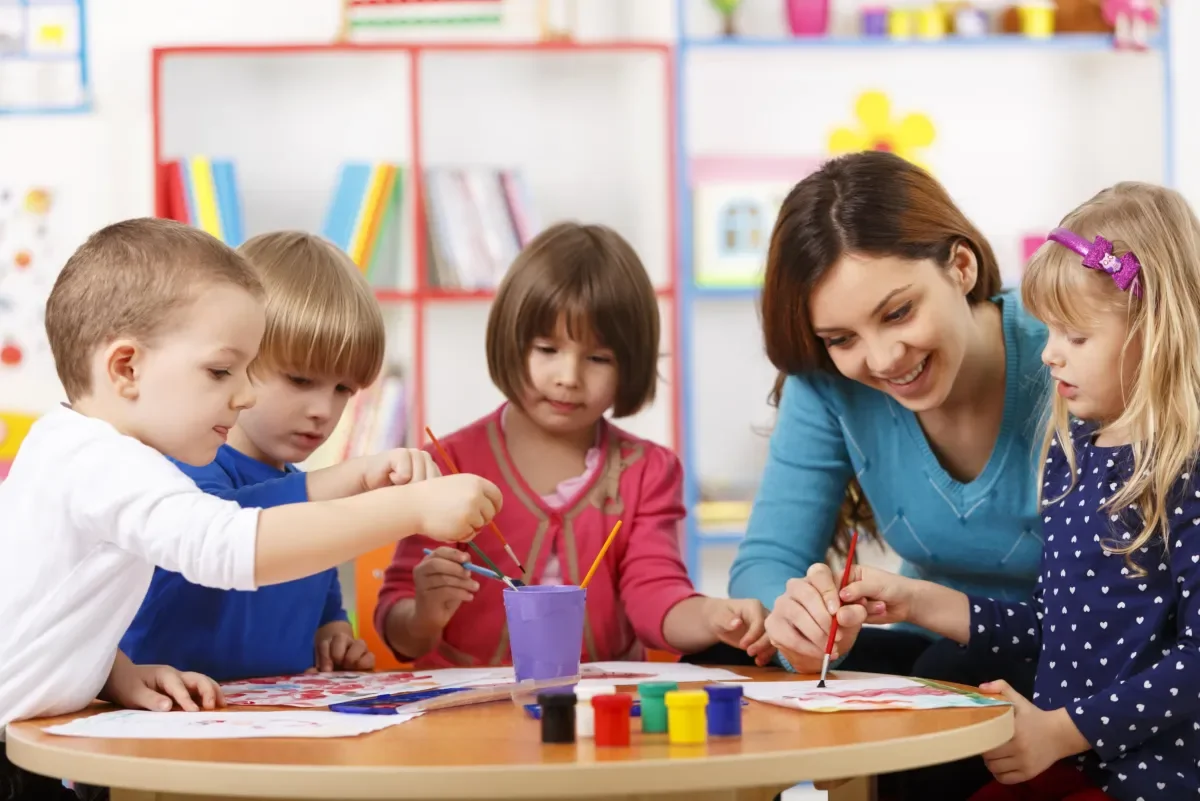

DCU Institute of Education to Lead National Study of Autistic Children’s Experiences in Primary and Secondary Education
Dr Sinéad McNally, Assistant Professor in the Psychology of Early Childhood at the DCU Institute of Education, has been awarded a prestigious COALESCE grant from the Irish Research Council to lead the first systematic study of the experiences of young autistic pupils in education in Ireland.
COALESCE awards are made to interdisciplinary teams who demonstrate research excellence for solving major societal issues. Together with Dr Mary Rose Sweeney (co-PI in STEM) at DCU’s School of Nursing, Psychotherapy and Community Health, and working in partnership with AsIAm, Ireland’s national autism charity, Dr McNally will conduct child-centred research that facilitates autistic children's rights to be heard and listened to.
Autism is a developmental condition characterized by differences in social skills, repetitive behaviours, speech and nonverbal communication. Autistic children and young people may require a range of individualised supports to take a full part in education. Current policies are intended to provide equitable access to services across Ireland but the voices of autistic children and young people are not included.
Speaking about the award, Dr Sinéad McNally said,
“I am thrilled to be collaborating with Dr Mary Rose Sweeney at the DCU School of Nursing, Psychotherapy and Community Health on this study which aims to place autistic children’s experiences of education at the heart of decision making around inclusive policies and practices.
We have known for some time that autistic children regularly experience exclusion and challenges in education that can result in lifelong difficulties. Through interdisciplinary methods from education, psychology and health our goal is to ensure the voices of autistic pupils, including children at all levels of need, are included.
We will work closely with the national autism charity, AsIAm, to work in consultation with autistic pupils, family members and experienced educators, to capture the voices of autistic pupils in policy and practice in order to address ongoing challenges around the full inclusion of autistic pupils in education.”
